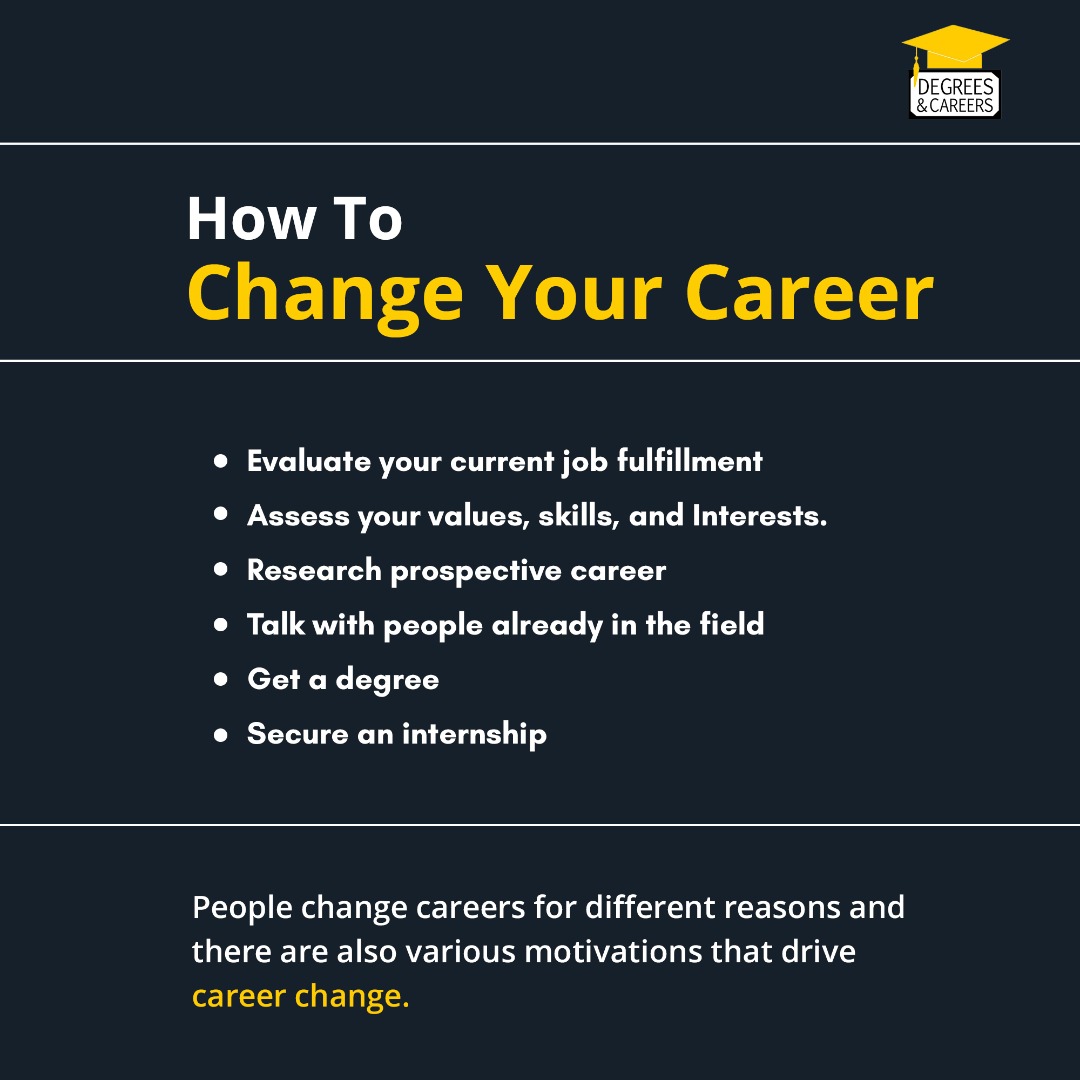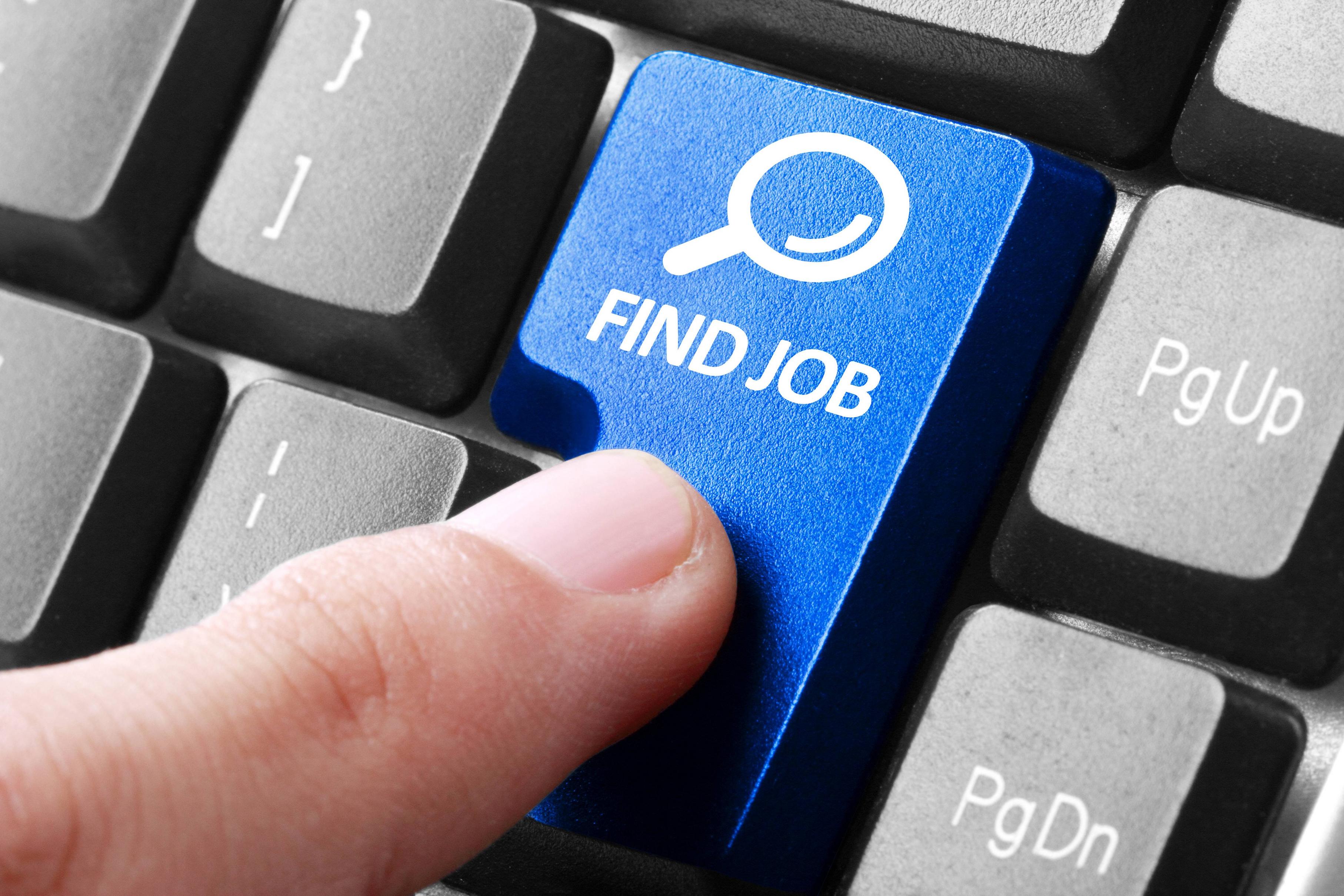
Interviews might include questions about your professional interests or your family history. It is important to customize your answers to suit the career you are applying for. Focusing on the job you are applying for can help you focus. These are common career questions and some tips on how to prepare.
Answers to common career questions
Common career questions are helpful for those who apply for new jobs. Answers should showcase your interest in the company as well as what you can offer the company. It's also important to mention any relevant training or other qualifications you have obtained, as well as any leadership or management skills you may have developed. It's also helpful to include some background information on the company that you're applying.
Hiring a new employee is a major financial and/or time commitment for a company. They want to make sure they hire the right candidate to avoid wasting their time and money on someone who will not last for more than a few months. These questions can be answered in general but it is important to consider whether your goals and those of the company.

Legality of asking about the family status
There are many legal pitfalls to avoid when asking a candidate about their family status in a career-related question. It could be taken as a form racial discrimination. Although it may not necessarily be illegal in all instances, it is important to seek legal guidance before you raise questions about race and religion as well as family status.
It is dependent on the nature of your question whether you ask about family status when asking about career questions. It is legal to inquire about a candidate's family status in career-related questions. However, such questions are inappropriate for job interviews. In some cases, employers may ask about the family of candidates to ensure they are appropriate for the job. A recruiter cannot inquire about a person's marital status or children.
Typical interview questions
Common interview questions are asked during interviews for jobs. Interviewers want to know about your work experience and how you handle stressful situations. Interviewers want to see how you can learn from your mistakes, and move on. Here are some questions to expect in your interview: What type are you?
Interviewers want to know if you're a good fit for the role. They are looking for evidence of your ability to work with the company's culture, solve problems and contribute to its success. Make sure to break down difficult work situations into manageable parts and provide specific examples of how you fixed the problem. Give measurable metrics.

How to prepare for a job interview
Before interviewing, research the organization and position. Research the company's website and social media pages. Also, look at past projects. This information can help to create intelligent questions. Once you have a clear understanding of the company as well as the position, it is time to create a list or potential interview questions. Now think about how these questions can be related to your experiences and skills.
Use examples and personal stories to illustrate your answers when answering questions. Keep your body language professional during interviews. Speak clearly, smile often, and make eye contact. Do not call the interviewer "sir", "miss," or "miss." Always refer to the interviewer by his first name. Don't stand when the interviewer enters your room. If you are being introduced, only stand.